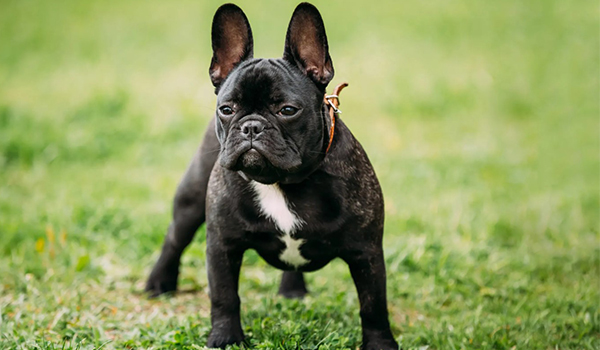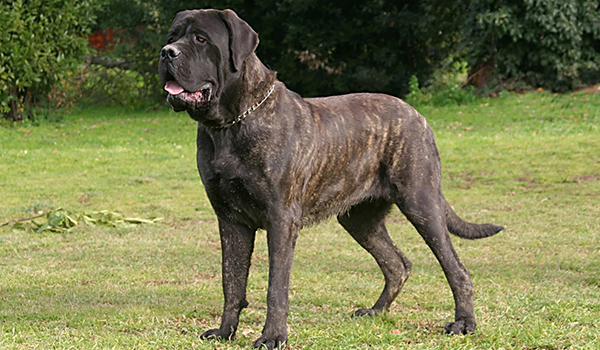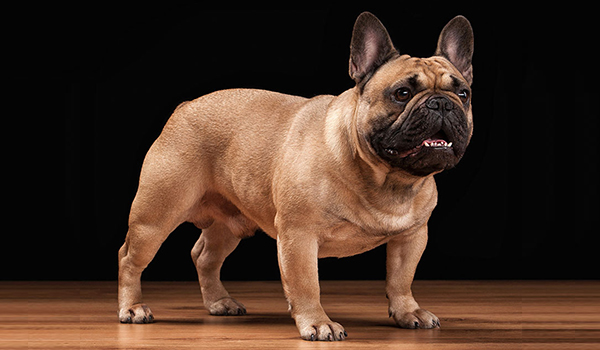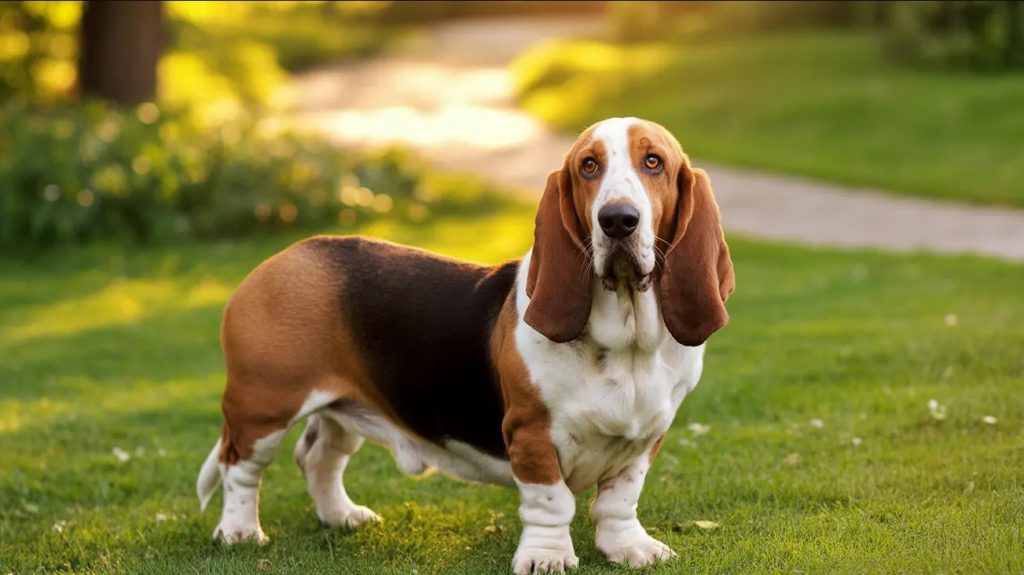
The Basset Hound is a breed of delightful contradictions. With their long, droopy ears, sorrowful eyes, and low-slung body, they are the very picture of canine melancholy. Yet, beneath this comical and languid exterior lies a determined, good-natured, and surprisingly stubborn hound with a nose that rivals any bloodhound’s.
This comprehensive guide will explore everything a future owner needs to know about the Basset Hound, from their aristocratic hunting origins to their modern-day role as a charming, if sometimes challenging, family companion.
Breed Overview
- Group: Hound
- Height: Up to 15 inches (at the shoulder)
- Weight: 40 – 65 pounds (a dense, heavy-boned breed)
- Life Span: 10 – 12 years
- Coat: Short, smooth, and hard-textured. It requires minimal grooming but is a constant, fine shedder. The classic color is tri-color (black, white, and tan), but they can also be red and white or lemon and white.
A Brief History: A Noble Nose to the Ground
The Basset Hound’s origins trace back to 7th century France, where the word “Basset” comes from the French “bas,” meaning “low.” They were bred by aristocrats who wanted a slow-moving hound that hunters could follow on foot, as opposed to faster hounds that required following on horseback.
Their exceptional sense of smell, second only to the Bloodhound, made them superb for tracking rabbit, hare, and other small game through dense underbrush. Their distinctive structure—long ears that help sweep scent toward the nose, loose skin that helps trap scent particles, and short legs that keep their nose to the ground—was all carefully selected for function. They were recognized by the AKC in 1885.
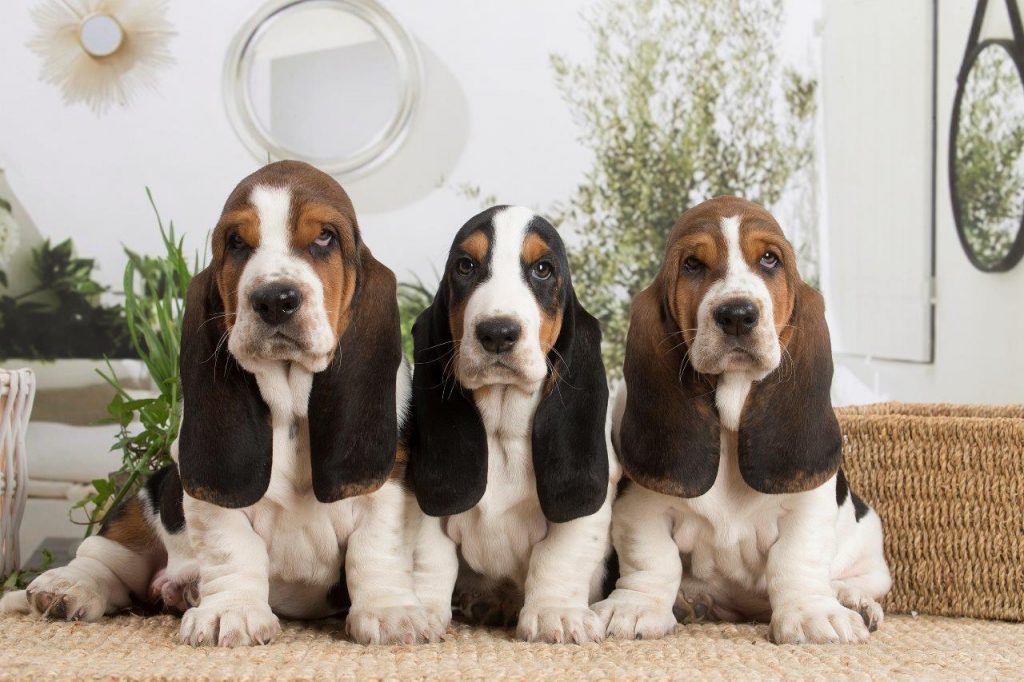
The Basset Hound Temperament: A Gentle, Stubborn Soul
The Basset Hound’s personality is a unique blend of gentle companionship and single-minded determination.
- Gentle & Easygoing: At home, Basset Hounds are famously mild-mannered, placid, and friendly. They get along wonderfully with children, other dogs, and even cats. They are not known for being hyperactive or nervous.
- Good-Natured & Comical: Their laid-back attitude and comical appearance make them endearing family members. They are often described as “clowns” due to their silly antics and expressive faces.
- Determined & Stubborn: Bred to make independent decisions while on a scent trail, they possess a strong stubborn streak. When they catch a scent, they can become single-minded and deaf to commands. This is not disobedience, but a deep-seated instinct.
- Patient but Food-Motivated: They are generally patient dogs, but their primary motivation in life is food. This can be a powerful training tool but also makes them prone to obesity and counter-surfing.
- Vocal: They have a deep, melodious bay that they use to announce visitors or express an opinion. It is a loud, carrying sound that potential owners should be prepared for.
Caring for Your Basset Hound
Exercise: Moderate but Important
Despite their lazy reputation, they require regular, moderate exercise to stay healthy and prevent obesity.
- Daily Requirements:At least 30-60 minutes of daily activity. This should include:
- Leashed walks (always on a leash or in a secure area, as their nose can lead them astray).
- Sniffing sessions in a safe yard where they can follow scents.
- Low-Impact: Their short legs and heavy structure make them unsuitable for long runs or jumping. Avoid forcing them to climb many stairs or jump on/off furniture.
Grooming: More Than Meets the Eye
While their coat is low-maintenance, their unique anatomy requires specific care.
- Brushing: A weekly brush with a grooming mitt or soft brush will help control constant shedding.
- The Ears: This is non-negotiable. Their long, floppy ears trap moisture and restrict airflow, making them highly prone to painful ear infections. Ears must be checked and cleaned with a veterinarian-recommended solution weekly.
- The Eyes & Wrinkles: Their droopy eyes can be prone to irritation (cherry eye is common). The skin folds on their face and neck should be wiped regularly and kept dry to prevent infection.
- Other Needs: Regular nail trimming is crucial, as their low weight distribution doesn’t wear nails down naturally.
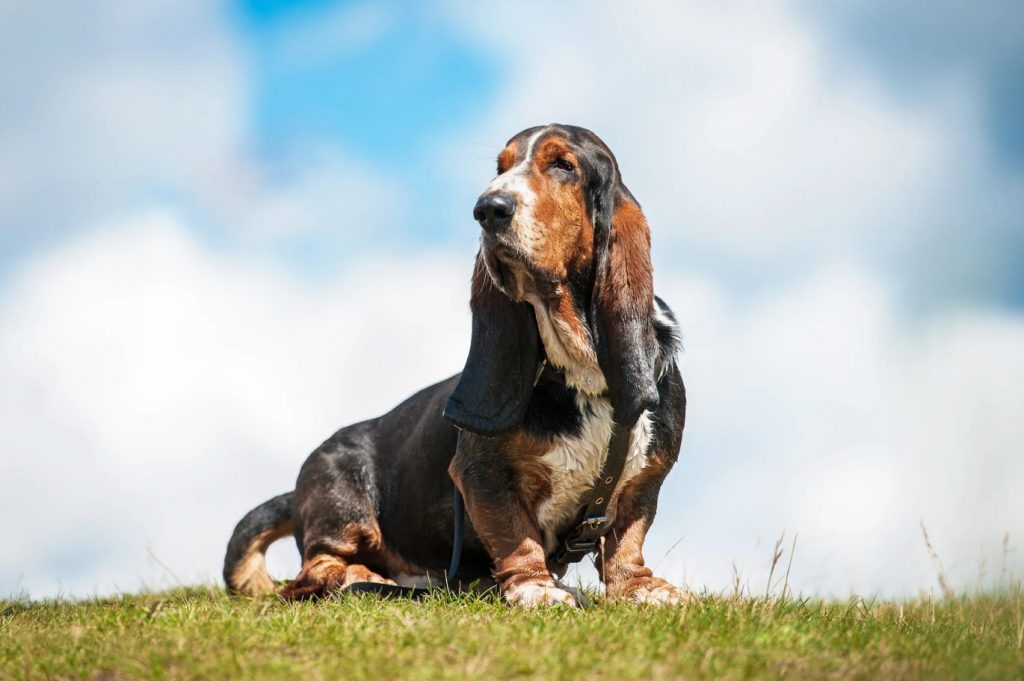
Training: Patience, Persistence, and Treats
Training a Basset Hound requires a great sense of humor and a pocket full of high-value treats.
- Start Early: Begin socialization and training as a puppy. Their stubbornness can become ingrained if not addressed early.
- Use Food Motivation: This is your greatest tool. Use small, smelly treats (cheese, hot dogs) to reward good behavior. Keep training sessions short and fun to hold their attention.
- Master Recall: Practice recall in a safe, enclosed environment. Never trust them off-leash in an unsecured area. If they catch a scent, they will follow it for miles.
- Be Patient with Housetraining: This can be a slow process. A strict, consistent schedule is absolutely crucial for success.
Health: What to Be Aware Of
The Basset Hound’s unique build makes them prone to specific health issues.
- Obesity: This is the biggest health threat. Their love of food and low energy level make weight management a top priority. Portion control is essential.
- Orthopedic Issues: Their long back puts them at risk for Intervertebral Disc Disease (IVDD), which can cause pain and paralysis. Avoid letting them become overweight and discourage jumping on/off furniture.
- Ear Infections: As mentioned, this is a chronic risk due to their ear structure. Consistent, preventative cleaning is key.
- Elbow and Hip Dysplasia: Malformation of the joints can lead to arthritis and pain.
- Gastric Dilatation-Volvulus (Bloat): While more common in deep-chested breeds, Basset Hounds can be at risk. Feed smaller meals and avoid vigorous exercise right after eating.
- Eye Problems: Glaucoma, ectropion (droopy eyelids), and cherry eye are common.
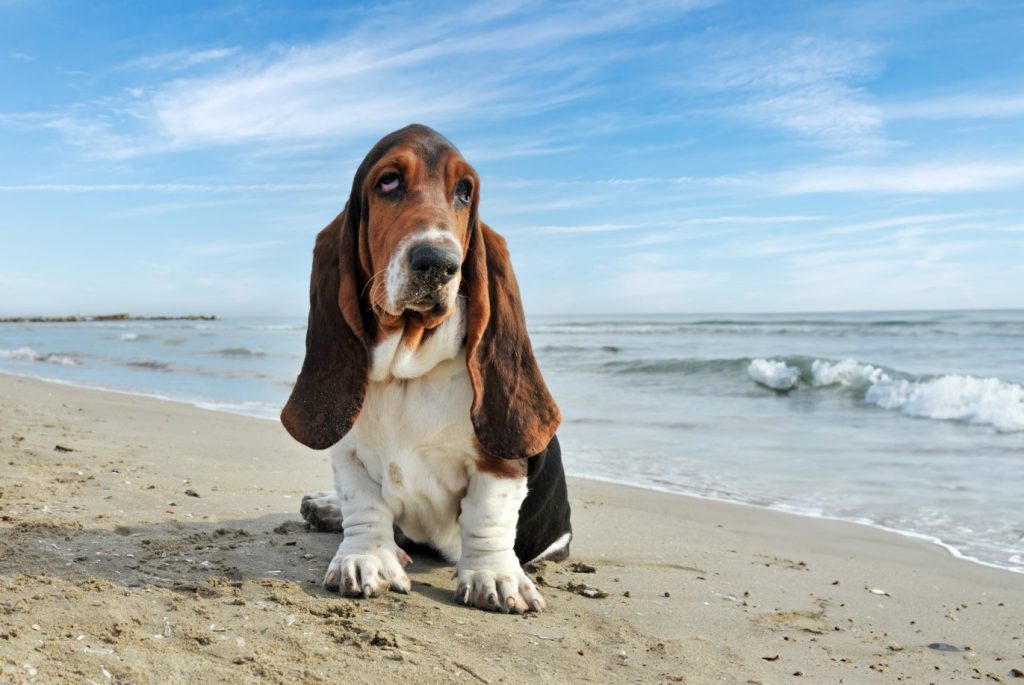
Is a Basset Hound Right For You?
A Basset Hound might be your perfect match if you:
- Want a gentle, low-energy, and friendly family dog.
- Have a sense of humor and don’t mind a stubborn streak.
- Are committed to a regular ear-cleaning routine.
- Live in a home without many stairs.
- Don’t need a dog with reliable off-leash capabilities.
You might want to reconsider if you:
- Are looking for a jogging or hiking partner.
- Desire a highly obedient, eager-to-please breed.
- Have a pristine home (they drool and shed).
- Are sensitive to noise (their bark and bay are very loud).
- Are unprepared for potential vet bills related to their back and joints.
Finding Your Basset Hound
- Reputable Breeders: Choose a breeder who prioritizes health and temperament. They should perform health tests on their breeding dogs (OFA certifications for elbows and hips) and be transparent about issues like IVDD in their lines.
- Rescue & Shelters: Basset Hound-specific rescues are very active. Many dogs are surrendered due to their stubbornness, barking, or specific care needs. Adopting an adult can be a wonderful way to provide a second chance.
Understanding the Cost: The initial purchase price from a reputable breeder in the U.S. typically ranges from $800 to $2,000+. However, prospective owners must budget for ongoing costs, including high-quality food (with careful portion control), potential veterinary care for ears, eyes, and back issues, and routine grooming supplies.
Bringing a Basset Hound into your life means welcoming a charming, comical, and deeply affectionate companion. In return for your patience and care, you will be rewarded with the unwavering, if sometimes stubborn, devotion of a truly unique and lovable hound.

